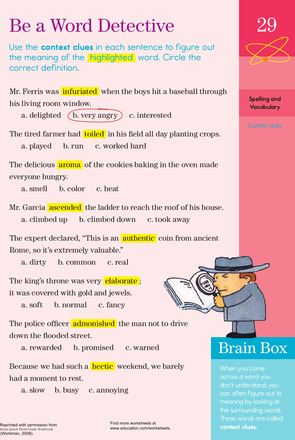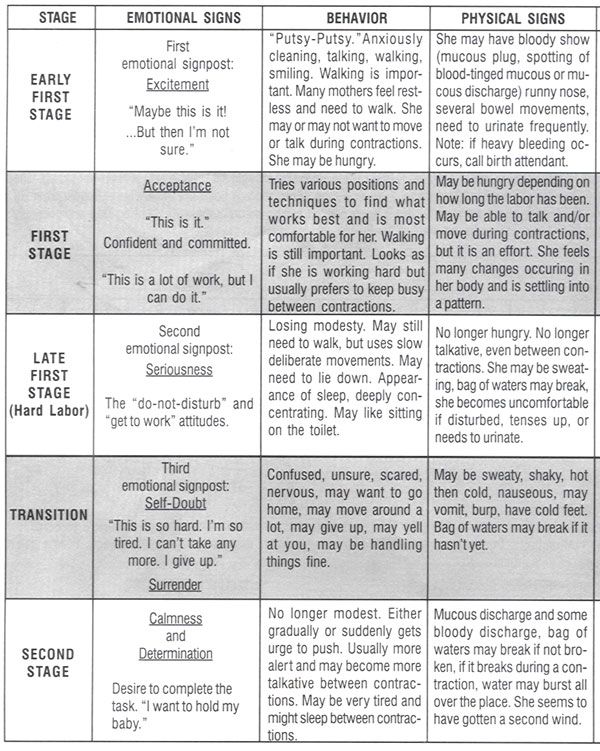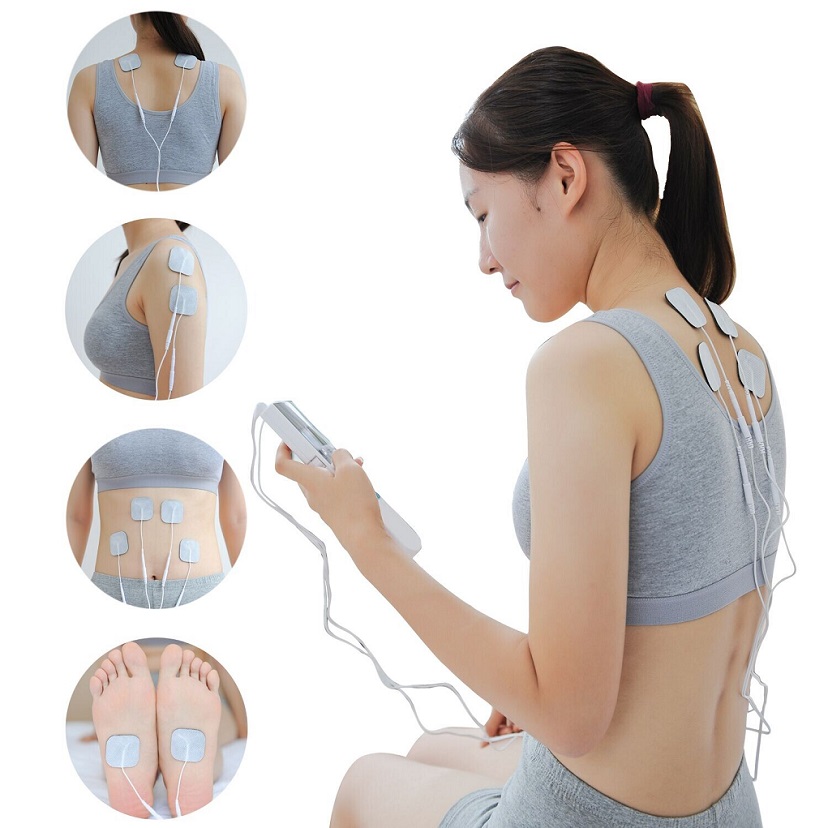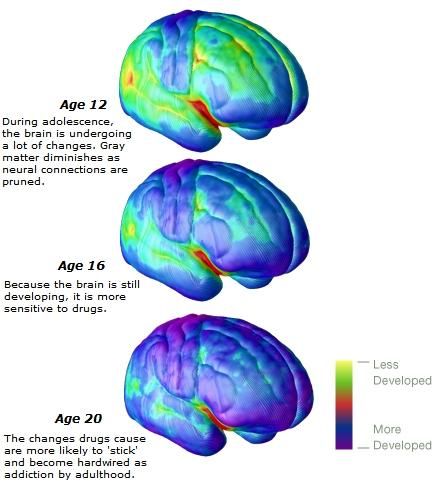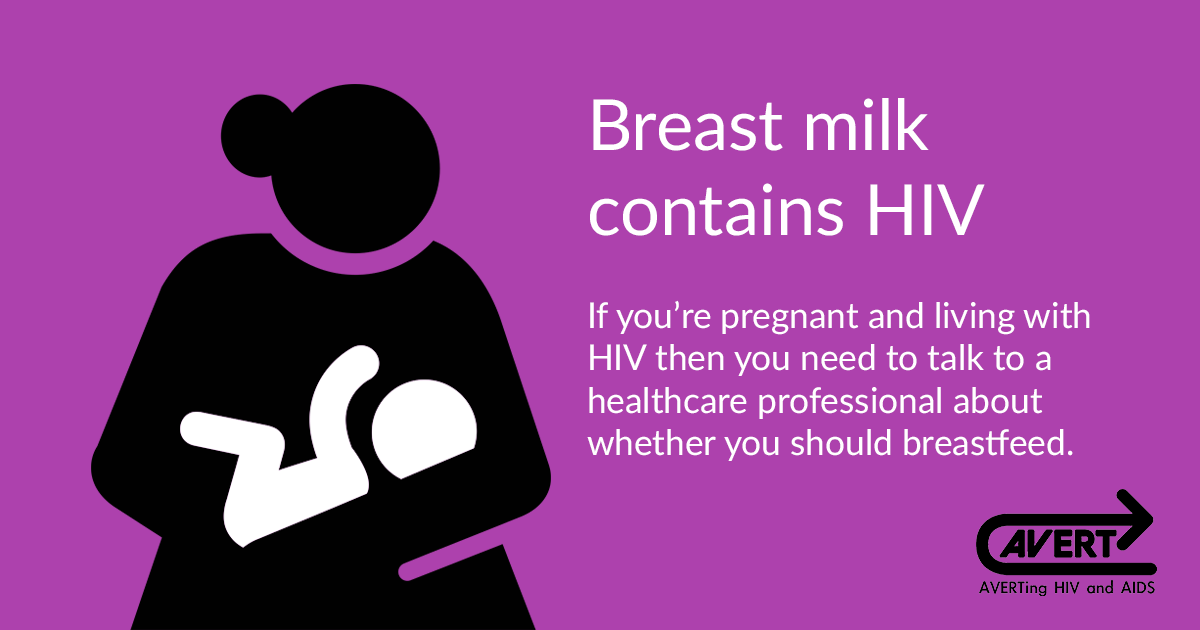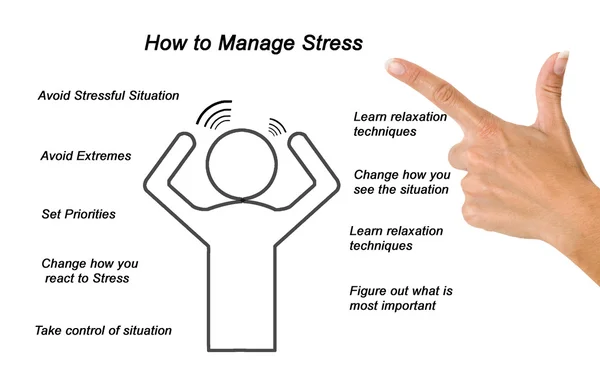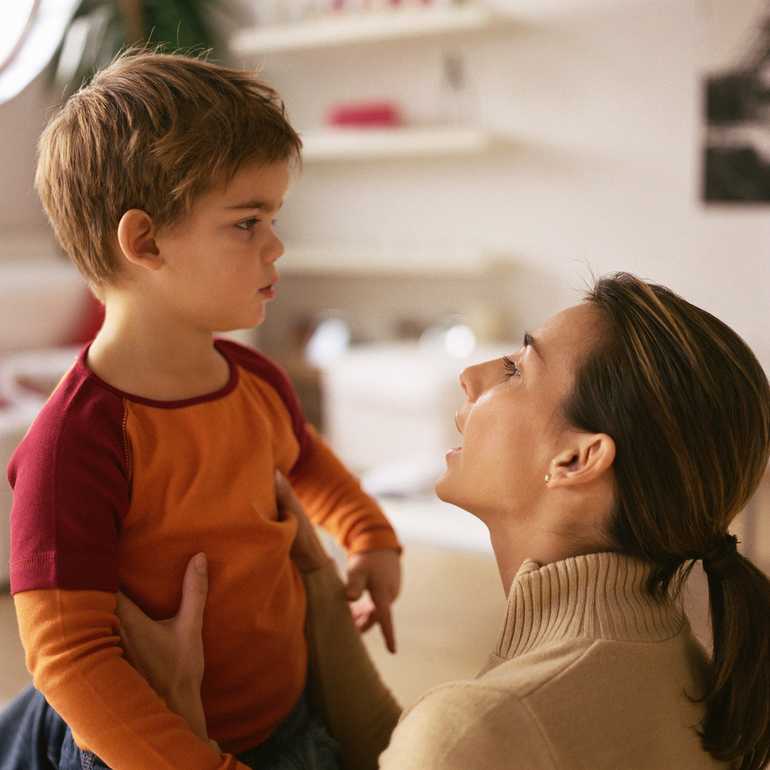Fatigue and pregnancy
Tiredness and sleep problems - NHS
Is it normal to feel tired in pregnancy?
It's common to feel tired, or even exhausted, during pregnancy, especially in the first 12 weeks.
Hormonal changes at this time can make you feel tired, nauseous and emotional. The only answer is to rest as much as possible.
Make time to sit with your feet up during the day, and accept any offers of help from colleagues and family.
Being tired and run-down can make you feel low. Try to look after your physical health – make sure you eat a healthy diet, and get plenty of rest and sleep.
Later in pregnancy, you may feel tired because of the extra weight you're carrying. Make sure you get plenty of rest.
As your bump gets bigger, it can be difficult to get a good night's sleep. You might find that lying down is uncomfortable or that you need to use the loo a lot.
Feeling tired will not harm you or your baby, but it can make life feel more difficult, especially in the early days before you've told people about your pregnancy.
Strange dreams during pregnancy
You may have strange dreams or nightmares about the baby, and about labour and birth. This is normal.
Talking about them with your partner or midwife can help. Remember, just because you dream something, it does not mean it's going to happen. Relaxation and breathing techniques may be helpful in reducing any anxiety you might be feeling.
Bump-friendly sleep positions
The safest position to go to sleep is on your side, either left or right. Research suggests that, after 28 weeks, falling asleep on your back can double the risk of stillbirth. This may be to do with the flow of blood and oxygen to the baby.
Do not worry if you wake up on your back – the research looked at the position pregnant people fell asleep in, as this is the position we keep for longest. If you wake up on your back, you can just turn over and go to sleep again on your side.
You can try supporting your bump with pillows and putting a pillow between your knees.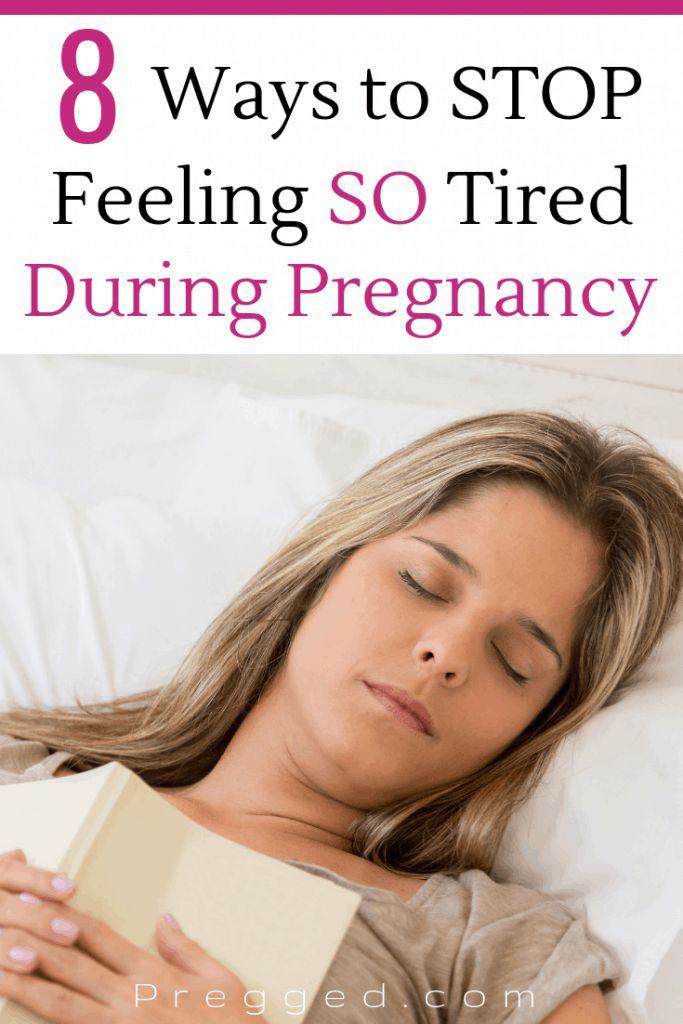
The baby charity Tommy's has a video about safer sleeping in pregnancy.
Insomnia remedies in pregnancy
Try not to let it bother you if you cannot sleep, and do not worry that it will harm your baby – it will not. If you can, nap during the day and get some early nights during the week.
Avoid tea, coffee or cola drinks in the evening, as the caffeine can make it harder to go to sleep.
Try to relax before bedtime so you're not wide awake. Relaxation techniques may also help, ask your midwife for advice. Your antenatal classes may teach you some techniques, or you could use a pregnancy relaxion CD or DVD.
You could join an antenatal yoga or pilates class. Make sure the instructor knows you're pregnant. Exercise can help you feel less tired, so try to do some activity, such as a walk at lunchtime or going swimming, even if you feel tired during the day.
If lack of sleep is bothering you, talk to your partner, a friend, doctor or midwife.
Read about preventing insomnia, including daytime habits, such as exercising, and bedtime habits, such as avoiding caffeine.
Medical reasons for insomnia in pregnancy
Occasionally, sleeplessness – when accompanied by other symptoms – can be a sign of depression. If you have any of the other symptoms of depression, such as feeling hopeless and losing interest in the things you used to enjoy, speak to your doctor or midwife. There is treatment that can help.
Read about mental health in pregnancy.
Healthtalk.org has videos and written articles of people talking about their symptoms and feelings in the early weeks of pregnancy, including tiredness.
Video: how can I sleep comfortably with my bump?
In this video, a midwife explains the various ways pregnant mothers can get more comfortable at night.
Media last reviewed: 25 January 2020
Media review due: 25 January 2023
What to expect from pregnancy fatigue
Pregnancy is all about changes, and some are more dramatic than others. Along with all the physical changes happening to your body, you may also be experiencing symptoms like mood swings, swelling, nausea or morning sickness, to name a few. So, it can be easy to overlook something as straightforward as fatigue.
Along with all the physical changes happening to your body, you may also be experiencing symptoms like mood swings, swelling, nausea or morning sickness, to name a few. So, it can be easy to overlook something as straightforward as fatigue.
But as you may be finding out, fatigue can be quite a challenge, too. Below, we cover everything you can expect from this common pregnancy symptom, its causes, and what you can do to manage it.
What does pregnancy fatigue feel like?
Fatigue is totally normal during pregnancy, but people’s experiences with it can vary widely. It may be that you don’t experience much fatigue at all, or it may be that you feel extreme tiredness in early pregnancy that drops off later on. No matter how it affects you, fatigue can generally be characterized by:
- Difficulty getting up in the morning
- Daily tasks becoming harder to complete
- Difficulty focusing
- Constant tiredness throughout the day
- Irritability
- Feeling weak
When does pregnancy fatigue start?
Pregnancy fatigue can start as soon as one week after conception, which means it may be an early sign of pregnancy before a test can tell you for sure. It’s also common to start feeling tired any time during the first 12 weeks.
It’s also common to start feeling tired any time during the first 12 weeks.
What causes fatigue during pregnancy?
There are various factors that can cause fatigue, but they differ from trimester to trimester.
First trimester fatigue
The overall cause of fatigue in early pregnancy is simple – your body is preparing for the months ahead. But there are a couple parts of this preparation that can really contribute to feelings of fatigue:
- Hormone changes: There are a lot of hormone changes that happen in early pregnancy. One of them, a big jump in progesterone levels, has been directly linked to fatigue. The emotional ups and downs that come with hormone changes can be tiring, too.
- Metabolic changes: Creation takes energy. And in addition to a fetus, your body is making a placenta and extra blood. All these things create a greater demand for energy and may be partly why you feel the urge to sleep more.
Second trimester fatigue
In the second trimester, people typically find that they have more energy – you may be used to the new hormone levels in your body, and your baby isn’t very big yet. But it’s still possible to feel fatigued in the second trimester, especially if your sleep gets interrupted by pregnancy symptoms like frequent urination and leg cramps.
But it’s still possible to feel fatigued in the second trimester, especially if your sleep gets interrupted by pregnancy symptoms like frequent urination and leg cramps.
Third trimester fatigue
When fatigue happens in the third trimester, it’s generally because the baby’s gotten bigger. Carrying around that extra weight can be tiring on its own, but it also makes other things harder, including sleeping comfortably. Plus, as the baby settles into the pelvis, it puts more pressure on the bladder, so nighttime trips to the bathroom may become even more common. And all of that is in addition to any other pregnancy symptoms you’re experiencing.
Tips for managing pregnancy fatigue
When it comes to managing fatigue, the best thing you can do is take steps to increase your energy levels. This means:
Stay on top of your nutrition
A solid pregnancy diet can be a great way to keep your energy up. In particular, focus on getting enough iron, which supports red blood cell production and prevents any additional tiredness from anemia (a condition which results from not having enough red blood cells to carry the amount of oxygen your body needs). Foods that are high in protein are also good choices, as protein is a longer-lasting source of energy compared to carbohydrates.
Foods that are high in protein are also good choices, as protein is a longer-lasting source of energy compared to carbohydrates.
You may benefit from eating smaller meals throughout the day. This can help keep your blood sugar and energy levels consistent. It’s also important to drink plenty of water, as water helps your body function properly.
Exercise
The American College of Obstetricians and Gynecologists recommends that you get at least 150 minutes of moderate aerobic activity each week while you’re pregnant. That may sound like a lot, but if you break it down into 30 minutes of pregnancy-safe exercises per day, it adds up quickly.
Exercise improves blood circulation, which helps bring oxygen to every part of your body. This can give a boost to overall energy levels. Plus, exercise helps manage other pregnancy symptoms like back pain and constipation.
Rest
Even if you’re doing everything you can to boost your energy levels, you still have to listen to your body.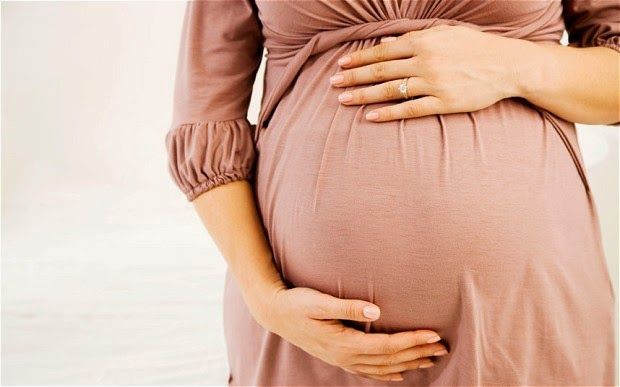 And when your body is fatigued, rest is the answer. Take breaks throughout the day, nap when you need to and sleep as much as possible. It may help to go to bed earlier, and avoiding fluids for a few hours before going to bed can help cut down on bathroom visits at night.
And when your body is fatigued, rest is the answer. Take breaks throughout the day, nap when you need to and sleep as much as possible. It may help to go to bed earlier, and avoiding fluids for a few hours before going to bed can help cut down on bathroom visits at night.
When should I see my doctor or midwife about fatigue during pregnancy?
Fatigue is very common and normal during pregnancy. Still, don’t hesitate to talk to your care provider at any point along your prenatal appointment timeline if you have questions or concerns about your level of tiredness.
But keep in mind, there are times when fatigue may be a symptom of a pregnancy complication like anemia, depression or gestational diabetes. Call your care provider if you experience sudden fatigue, fatigue that completely stops you from doing your daily tasks or if you have fatigue with any of the following:
- Fever
- Pain in the chest, abdomen or head
- Dizziness
- Difficulty breathing
- Swelling in your hands, ankles or feet
- Vision changes
Get the care you need
Whether your pregnancy is making you tired, nauseous or anything else, a prenatal appointment can help. In addition to making sure you and your little one are safe and healthy, your care provider can give you tips and recommendations for every part of your pregnancy.
In addition to making sure you and your little one are safe and healthy, your care provider can give you tips and recommendations for every part of your pregnancy.
Fatigue during pregnancy
During pregnancy, a woman gets tired faster than usual, sometimes without even doing anything special. This is normal, because hormonal and psychological changes take place, and the body prepares for childbirth. Such changes can be stressful for a woman, which adds to the feeling of fatigue.
A pregnant woman develops insomnia, heartburn, heaviness in the back, spasms and cramps in the legs, and excessive fatigue may indicate anemia, especially if symptoms such as pale skin, shortness of breath, dizziness and palpitations are present. Iron deficiency in pregnant women occurs very often, as the need for iron increases due to the needs of the baby, and the hemoglobin produced by iron delivers oxygen not only to the tissues of the mother, but also to the child.
1.
Nutrition of a pregnant woman should be BALANCED. Be sure to have a large amount of vitamins and minerals, especially iron and protein. A large amount of iron is found in the following foods: red meat, seafood, poultry, legumes. When consuming iron-rich foods, try to drink freshly squeezed citrus juices, which will help your body absorb minerals better. Do not forget about special multivitamin complexes for pregnant women.
2. Drink more fluids
Lack of fluid in the body leads to rapid fatigue, but do not overdo it in the third trimester, when there is a tendency to edema, especially before bedtime.
3. Exercise
If there are no contraindications and your doctor has no objection, then try to exercise regularly. It will help to relax not only your body, but also charge you with positive. It is not necessary that this be a daily set of exercises, hiking in the fresh air is enough.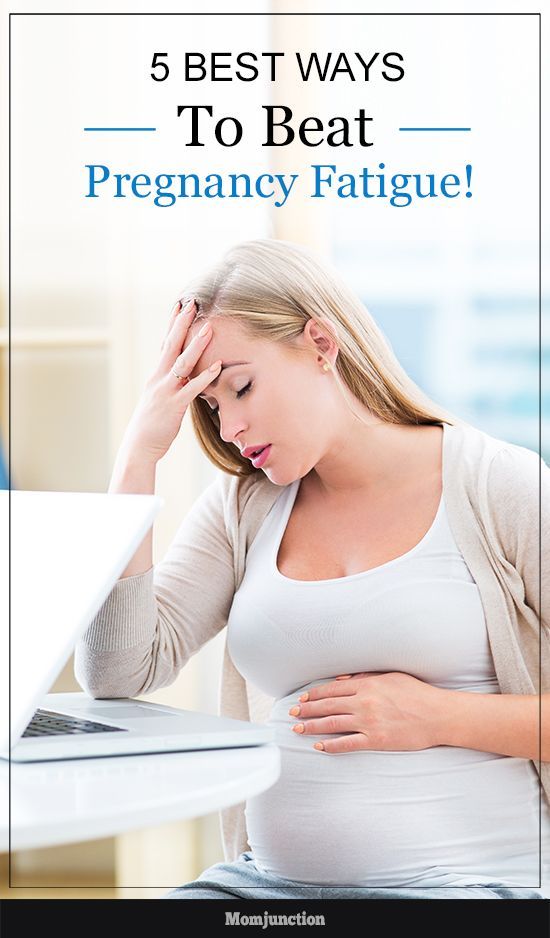
4. Help from loved ones
Do not refuse help, the care of your loved ones will be very necessary for you during this period. Not only do not refuse, but also ask for help yourself when you need it.
5. Recreation
Relax more, try to spend a lot of time doing activities that give you pleasure and satisfaction and avoid stressful situations. Use special breathing techniques to relax. Rest more time, use every opportunity that falls to lie down to rest. If you are busy with work, be sure to take breaks, restore strength.
6. Third trimester
As for the third trimester of pregnancy, here, among other difficulties, there may be HEAVY AND FEELING OF TENSION IN THE lumbar. The baby has already grown up and gained weight, so long walks are becoming harder and harder. In such cases, prenatal bandages can be used to relieve heaviness in the back.
But the SPECIAL BANDAGE may not suit all women. Many cannot choose the right and suitable option for themselves, because it can put pressure and create discomfort. 9 will help you in this situation.0007 sling scarf . You can tie up your stomach with them, and it will not squeeze the child, creating inconvenience, but will provide support for both the tummy and lower back.
Many expectant mothers who have tried SLING AS A BANDAGE noted that it is really more comfortable and pleasant than a special bandage. After childbirth, the sling will come in handy not only for carrying the baby, but also for tying up the pelvis and abdomen, which will help the uterus contract faster. Often, the bandage simply tamps down the lowered organs and flattens the stomach, while tying it with a sling will just lift and “put in place” the organs and fix the stomach.
For information: in Mexico, for example, SLING, or rebozo, IS AN ESSENTIAL TOOL FOR MIDWIVES. Rebozo is used there not only for carrying children or as a part of the national costume, but also as an assistant to a pregnant woman. So, for example, in addition to supporting the abdomen and lower back, a midwife can use it to make a special relaxing massage for a woman in labor and even change the position of the child in the womb with special techniques and exercises.
So, for example, in addition to supporting the abdomen and lower back, a midwife can use it to make a special relaxing massage for a woman in labor and even change the position of the child in the womb with special techniques and exercises.
In postpartum practice, rebozo is used as a tool with which a woman returns the energy and body tone spent during childbirth. In this practice, the technique of sequential bandaging of seven zones is used: forehead, shoulders, area under the chest, abdomen, mid-thigh, mid-calf, feet.
We hope our tips help a little. Happy pregnancy and easy delivery!
Sleepiness and fatigue during pregnancy - causes and how to cope with them
“Pregnancy is not a disease,” a future mother can hear when she complains of fatigue or that she cannot quickly cope with her usual activities, focus. And it is true. Pregnancy is not a disease, but a huge complex of physiological processes that take place in the female body and give life to a new person. It is not surprising that the creation of a new life takes a lot of strength and energy from a woman.
It is not surprising that the creation of a new life takes a lot of strength and energy from a woman.
Fatigue during pregnancy is a normal reaction of the body to bearing a child, as well as drowsiness, inability to concentrate and mood swings.
Where does the strength of a pregnant woman go and what causes fatigue during pregnancy at different stages?
Sleepiness and fatigue in early pregnancy
Tiredness in early pregnancy is easy to explain.
First, the fetus actively grows and develops, its internal organs are formed. The processes of synthesis of proteins and other molecules, acting as a "building material" for new cells, proceed rapidly. This wastes energy.
Secondly, a powerful hormonal restructuring takes place in the body of a pregnant woman, an additional circle of blood circulation is formed. The circulatory system is rebuilt, the load on the heart increases. The hormone progesterone, produced in the first weeks of pregnancy, affects vascular tone, lowering blood pressure. If you have experienced low blood pressure personally, then you know this condition. Similarly, a pregnant woman experiences drowsiness, it is difficult for her to concentrate.
If you have experienced low blood pressure personally, then you know this condition. Similarly, a pregnant woman experiences drowsiness, it is difficult for her to concentrate.
Thirdly, all the resources of the body are directed first to the formation and development of the fetus, and then to the normal needs of the female body. This applies to both energy and nutrients. A woman simply does not have enough “fuel” to provide not only for her unborn child, but also for herself. This is especially acute for women who do not take vitamins during pregnancy. The fact is that many vitamins and minerals, on the one hand, are needed for energy production (especially for B vitamins), on the other hand, these same micronutrients are needed for the proper development of the fetus. For example, from vitamin B9depends on the closure of the neural tube - the basis of the spinal cord and brain.
And, finally, toxicosis also contributes to fatigue in the first trimester. This condition can be accompanied not only by nausea and vomiting, but also by drowsiness, fatigue, and rapid mood swings. Toxicosis, if it passes without health complications, is considered a normal, although not very pleasant, element of pregnancy. In this case, one of the likely causes of toxicosis is a lack of vitamin B6.
By the second trimester, the hormonal background stabilizes, but other reasons lead to weakness and drowsiness during pregnancy.
Late term drowsiness
The fact is that in the third trimester the baby's weight becomes quite significant and grows rapidly. The weight of the placenta and the fluid that fills it should be added to the weight of the fetus. That is why the load on the body of a pregnant woman (especially the legs and back) becomes palpable. Even after walking a short distance, a woman may feel tired, as if she was carrying heavy loads. And yet it is so!
Another cause of late-term sleepiness is rather commonplace. With a large belly, it is more difficult to fall asleep and get enough sleep. It is difficult for a woman to turn around or take her usual position, the child may begin to push in her sleep. After all, if in ordinary life we don’t get enough sleep for a night or two, then we can sleep off on the weekends, and there are no days off from pregnancy.
After all, if in ordinary life we don’t get enough sleep for a night or two, then we can sleep off on the weekends, and there are no days off from pregnancy.
But drowsiness during late pregnancy can be a symptom of a dangerous disease - anemia, lack of iron in the body. It is especially bad because it develops gradually, and it can easily be mistaken for ordinary overwork. Pallor, fatigue, rapid pulse, heart pain, dizziness and fainting during pregnancy are all signs of anemia and a reason to see a doctor as soon as possible. It is impossible to delay a visit to a specialist: anemia can have the most serious consequences, up to the loss of a child. Iron supplements usually help prevent anemia. It is better to choose iron in liposomal form, which is well absorbed.
How to deal with drowsiness and fatigue during pregnancy
Despite the fact that most women spend the beginning of pregnancy at work in the same mode as usual, experts strongly recommend that they slow down their rhythm of life a little and take more rest.
Great changes are taking place in the body of a pregnant woman, and it would be wrong to load oneself with work in the same way as always. And if a woman says that her pregnancy was much easier and she didn’t need rest, you can only be happy for her, but you should listen only to your feelings.
How to deal with drowsiness during pregnancy, or at least reduce the level of fatigue as much as possible?
- You should definitely get more sleep. Lack of sleep makes a person shaky, nervous. Which, in turn, greatly affects the level of stress. Stress interferes with normal sleep - and the circle closes. You can buy special pillows under the stomach, which help to take a comfortable position in a dream.
- Eat properly and fully! This will help to provide both organisms - both the mother and the unborn child - with everything necessary, as well as avoid health problems, prevent weight gain that affects the feeling of fatigue, especially by the last trimester.
 Be sure to include vitamin and mineral complexes for pregnant women in the diet, for example, Pregnoton Mom - with B vitamins, liposomal iron and other micronutrients that are important for the health of mother and baby.
Be sure to include vitamin and mineral complexes for pregnant women in the diet, for example, Pregnoton Mom - with B vitamins, liposomal iron and other micronutrients that are important for the health of mother and baby. - Walking in the fresh air (especially in the morning, when there is less gas pollution) will help to tone the muscles, enrich the blood with oxygen.
- Take CoQ10. It is involved in energy production at the cellular level. That is, it does not work as an energy tonic, but helps the body naturally efficiently extract energy from food. In addition, studies show that CoQ10 reduces the risk of preeclampsia and other pregnancy complications.
- Vitamins C and E will also help you stay energetic and active. Vitamin C is also involved in the synthesis of energy, and vitamin E is necessary for cellular respiration, without which muscle weakness develops in the body.
- Coenzyme Q10, vitamins C and E are contained in the antioxidant complex Sinergin, which will give a pregnant woman additional energy.
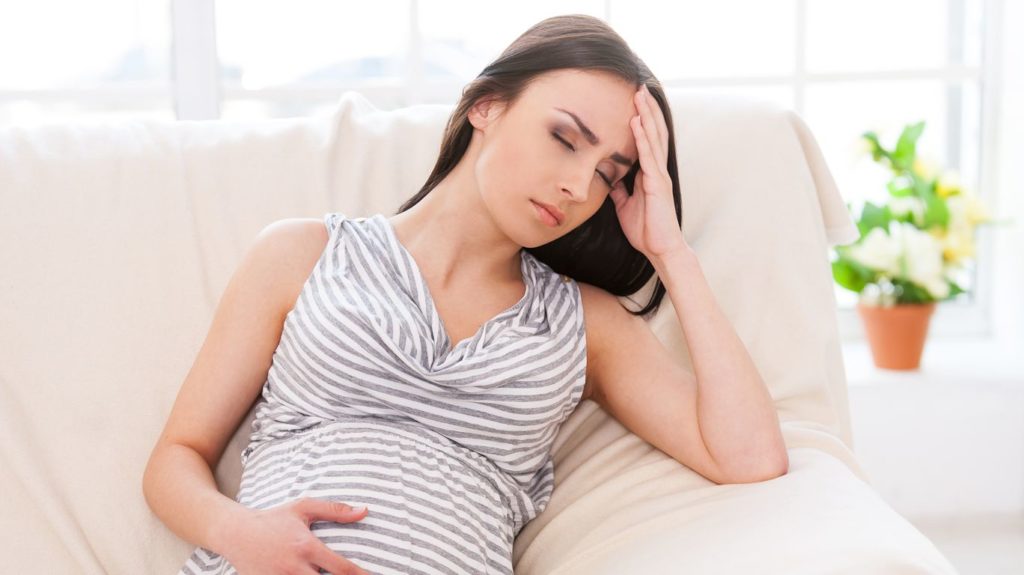 Of course, Sinergin is allowed to be taken throughout pregnancy.
Of course, Sinergin is allowed to be taken throughout pregnancy.
When does sleepiness go away during pregnancy?
When will fatigue and drowsiness during pregnancy go away? It is impossible to predict this, because each woman's pregnancy is individual. Some will feel much better already in the second trimester of pregnancy, while others will need additional support of vitamins and antioxidants throughout the pregnancy.
It is important not to forget: fatigue, drowsiness, absent-mindedness and the inability to concentrate are manifestations of pregnancy, which are largely explained by physiology, and not by character traits. It is not necessary to give the expectant mother advice like “get together and make yourself work”, “stop being lazy”, etc. After all, having a baby is hard work.
The world will not collapse if a woman stops carrying it on her shoulders alone, starts to rest more during pregnancy or asks for help. The most precious thing is the health and well-being of the woman herself and the unborn child.

